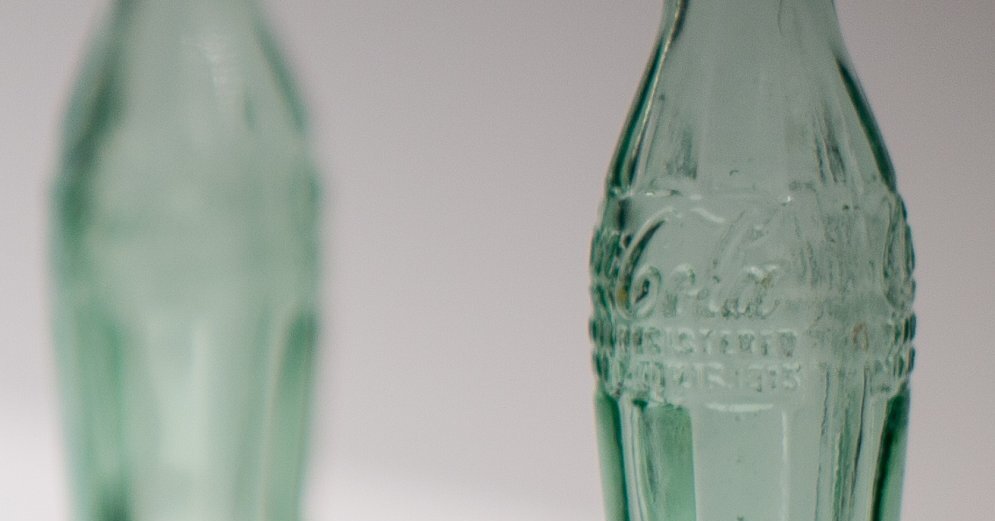“The place you never arrive” ?? No, that evening in the Marktheidenfeld Volkshochschule did not mean the current traffic conditions in the city center, as Leonhard Scherg mischievously remarked when he welcomed a lecture by the University of Würzburg. Julien Bobineau from the Chair of French and Italian Literature at the Julius Maximilians University of Würzburg had chosen the sentence as his title. He dealt with migration within Africa and the images of Europe on the black continent.
In summary, he outlined the history and dimensions of migratory movements on earth at the beginning. There are 55 countries and over 2500 languages and cultures in Africa. That is why one has to take a differentiated look at the continent in the south if right-wing populists want to paint on the wall the danger of a “threatened population change” by refugees.
65 million people worldwide are currently on the run. Two-thirds are internally displaced people who have to seek protection in their own country in other places. Comparatively few people crossed national borders or even made their way to Europe. Forced migrants tried to escape human trafficking, political persecution, poverty and the consequences of climate change. Bobineau made it clear: “It’s about survival!”
The literary scholar showed the reasons for this with the colonial legacy, slavery, the exploitation of natural resources, the destruction of traditional ways of life and the export orientation of a globalized economy. There are currently 15 wars in Africa in which the interests of foreign states also played a role. Other causes of flight would be the persecution of homosexual and transsexuality, the denial of women’s rights, dictatorial arbitrariness of the police or religious and cultural intolerance.
Many people in Africa did not even have the financial means to make their way to Europe. According to empirical studies, around 7.5 percent of migrants toyed with the idea of making their way across the Mediterranean. In real terms, the number of refugees has been falling continuously since 2015.
If Africans really had the image of paradise Europe in their heads, where the money was in the street, asked Bobineau. The digitized, ubiquitous image worlds, for example with the fascination of European football, certainly shaped impressions in some heads. On the other hand, other stories are told in influential literature and in African film. The often French-language works would be noticed and examples such as the poet and former President of Senegal Léopold Sédar Sengor or the Nigerian Nobel Prize winner for literature (1986) Wole Soyinka exemplified the great influence on African societies.
Bobineau had chosen three novels and one film in which the fates of migrants were critically examined. In 1996 Jean Roger Essomba from Cameroon published the book “Le Paradis du Nord”. In him the dreams of two migrants in homelessness in Paris burst. Charlie finds a violent death and his friend JoJo ends up in jail.
In his book “Canibales” (1999), the sculptor and writer Mahi Binebine impressively shows the shipwreck of eight refugees in the Mediterranean, which in the end only two survive. In the award-winning film “La Pirogue” (2012) by Senegalese Moussa Touré, fishermen whose livelihoods have been destroyed make their way to Spain and are ultimately deported back to their home country after a life-threatening risk.
Three strong women ?? “Trois Femmes Puissantes” introduces Marie N ?? Diaye, who comes from Senegal, in her novel (2009). The story ends with physical and psychological injuries in prostitution and a moving death at the border fence of the Spanish exclave Ceuta on the North African border.
In conclusion, Julien Bobineau stated that the magic of the north in Africa is being examined critically. The question is whether Europe will live up to its responsibility for the living conditions there. It is important to say goodbye to Eurocentrism and to meet African societies on an equal footing. This is the only way to shape the future together. After all, as the literary scholar noted at the end, the cradle of Homo Sapiens was in Ethiopia: “Then somewhere we are all migrants from Africa!”
–
The following catchphrase to ?? my topics ?? Add:
–
–
–
–


:quality(80)/cdn-kiosk-api.telegraaf.nl/58096b12-1515-11eb-bc97-02c309bc01c1.jpg)